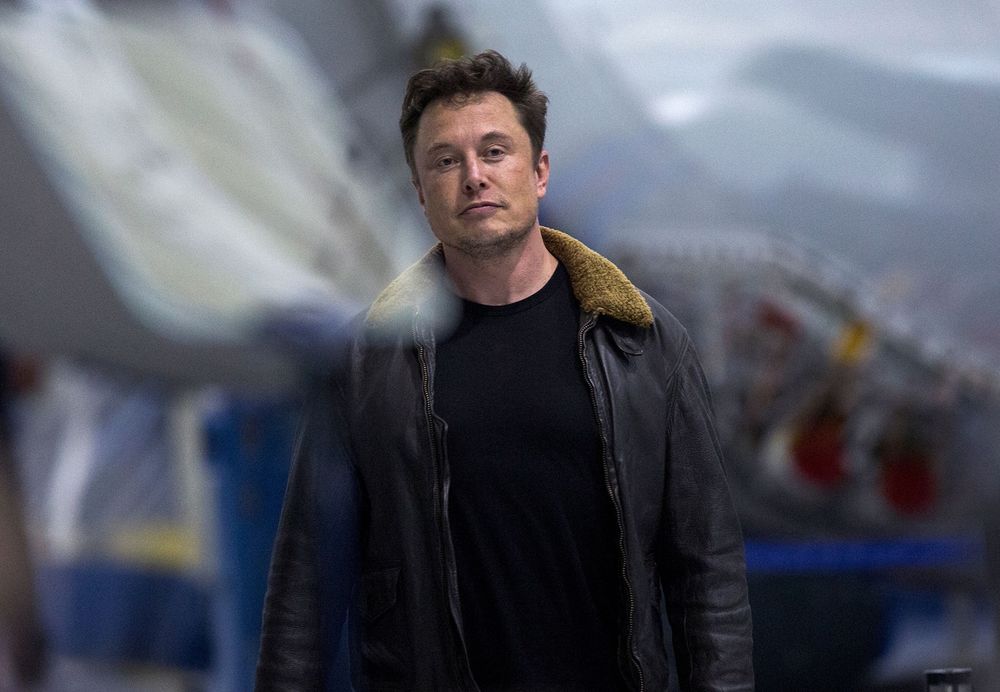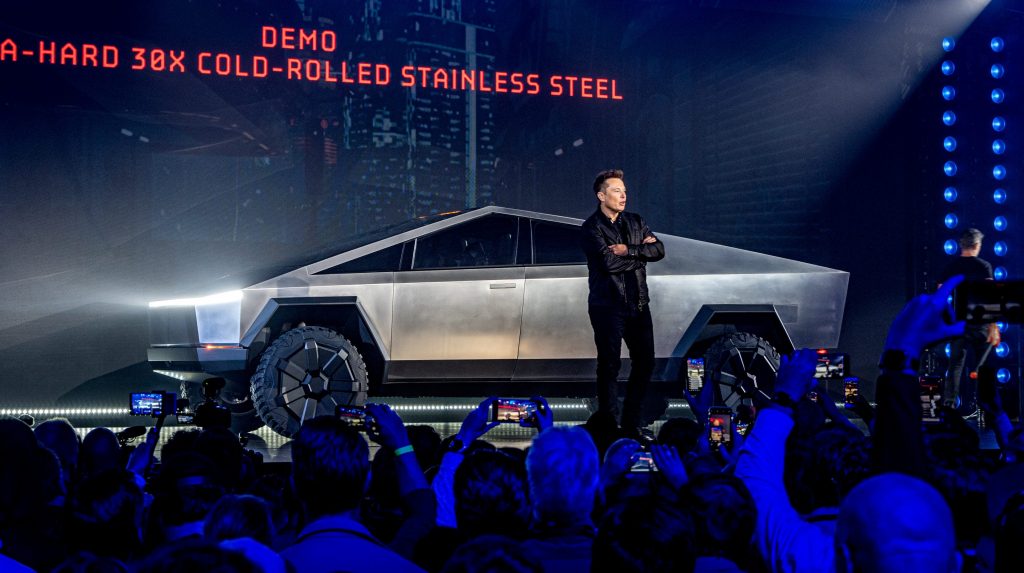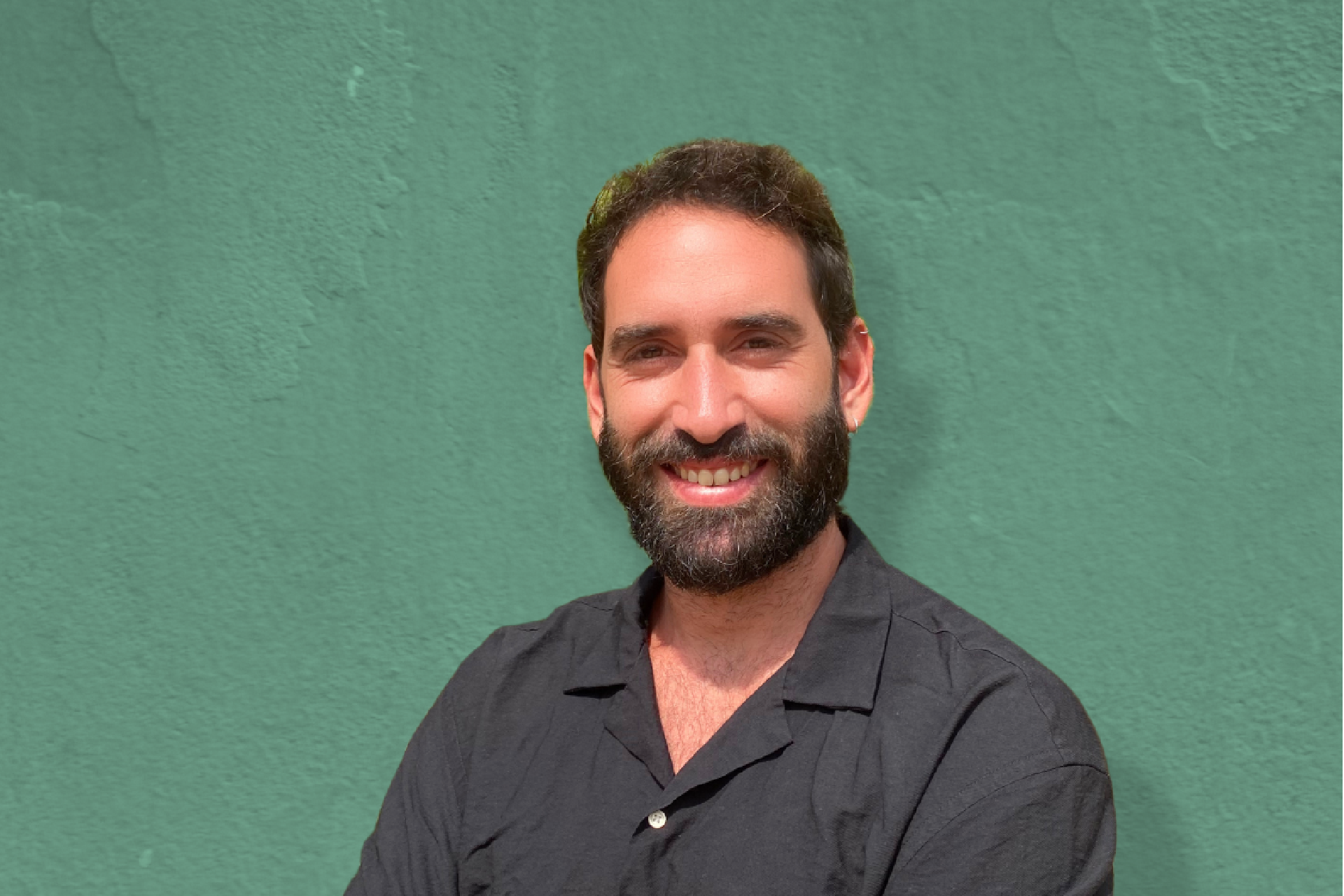
I was sitting in a restaurant in Rome in the fall of 2014. I was eating pasta with a rag tag group of travelers who had all just met each other and decided to grab dinner together. At that point, I was always curious about business leaders and emerging technology, and through my own passion I would dive deep late at night to learn about different companies with exciting and advanced technology. Elon Musk had been on my radar for a while, but to the average person, no one knew his name – he wasn’t a household brand name like Steve Jobs or Bill Gates, and Tesla’s weren’t a common sight on the roads just yet.
I was having a conversation with the twenty something year old across the table from me, when he randomly asked me “Have you heard of Elon Musk?” I was caught by surprise. Of course I had, I was a big fan of his, but I never brought him up because I didn’t think my friends and colleagues cared about a random little electric vehicle company. We spent the rest of the night talking about all the cool the stuff he was working on – Tesla, SpaceX, PayPal, and all the little rumors and stories we had heard about him. That conversation stuck out to me.
Over the next few months and years, Elon Musk quickly became an American hero. He became the richest person on the planet, he was the voice and leader behind a renewable energy transformation and a vision to expand human existence beyond Earth. He was on Time Magazine. He was in Iron Man. He was on the news. He would pop up in the occasional tabloid heralded as a hero. He was an inspiration for me to quit my job as a television producer and transition into working in renewable energy, climate tech, and sustainability.

While Elon Musk is a household name now, I want to remind people how popular he truly was back from 2014 – 2018. He would announce new companies and immediately investors would pour in. He would be seen meeting with government leaders and speaking at big conferences. He would talk about Artificial Intelligence and it’s dangers, and how we had to protect society. For a long time, Elon Musk was looked up to and hailed as the saving grace for humanity – the genius billionaire who was saving the planet. I remember having a conversation with my dad in 2019, and I mentioned I had just received a bonus from work, and he jokingly told me to use it all to buy Tesla stock – and I did. And it went up a lot. He found his voice online by posting funny memes about 420 and 69. People would laugh, saying how this genius billionaire is so cool and down to Earth.
But slowly things started to change. To me, a lot of his antics were funny and sure, he was a little bit unique, but he was still doing good things for the planet. He smoked weed on Joe Rogan, which I thought was cool – he’s a grown adult, he can do what he wants. But investors weren’t happy – Tesla stock plunged nearly 10%. Then he tweeted saying he was going to take Tesla private at $420 a share, and faced scrutiny from the SEC. It was the first time we started to see this untouchable innovator do things that had negative consequences. His popularity and inspirational persona started to waver. Subsequent incidents, such as Musk calling a British cave diver involved in the Thai cave rescue a “pedo guy” on Twitter, further eroded public favor. The SpaceX launch of the Starship prototype and Tesla’s unveiling of the Cybertruck garnered attention, but they also attracted skepticism and criticism for their unconventional designs.
At this point I was on the fence. My Tesla stock was going up, but then I’d see something in the news, a tweet he’d send out, a comment he’d make, and I’d get nervous. I started to question what was happening. What happened to the guy who wanted to save the world? Who wanted to get rid of gas powered cars and take us to Mars? It seemed like the big vision was slowly faltering. While he was outspoken, he was still the leader in the renewable energy revolution, but things were changing.
The purchase of Twitter was the final nail in the coffin and the apex of his peak popularity. Elon spent $52 Billion dollars to purchase Twitter, and rebranded it to www.X.com. I sent out a newsletter via Green Success Stories after the purchase of the company and laid out all the different ways he could have spent $52 Billion dollars that would have not only made him money on his investment, but still was providing a positive impact to the planet. There are thousand of entrepreneurs out there grinding every second of the day, spending all of their money, trying to build their business. A $1 Million dollar investment could be the difference between life and death of this company. He could have invested in $1 Million dollars in 52,000 different businesses with that money. But in the end, it is his money and he chose how to spend it.
Since the purchase, Elon has become more and more outspoken, particularly with right wing politics and conspiracy theories. Blogs, news sites, and social commentators who once hailed Elon as a hero have now turned on him. People no longer tune into every press conference and media appearance to learn more about this visionary leader. Instead, he faces more and more criticism everyday, with people listening to what he says under a much more of a critical microscope. Will Elon ever get back to the fame and adoration he once had, or will he continue to push people away, and will this ultimately have an effect on his businesses? It is early 2024 when writing this article. I guess only time will tell.




